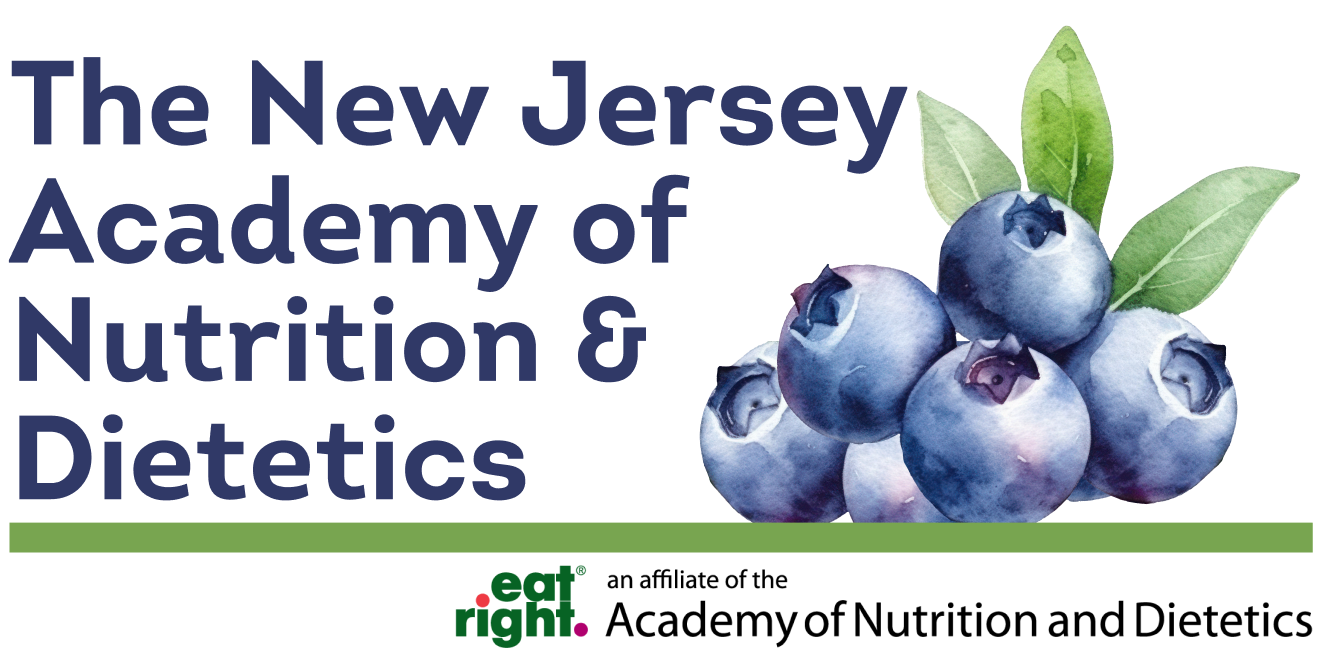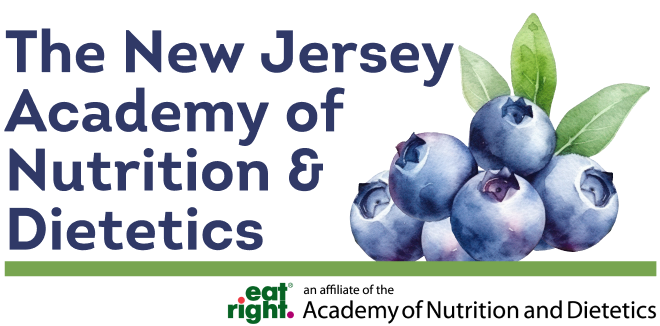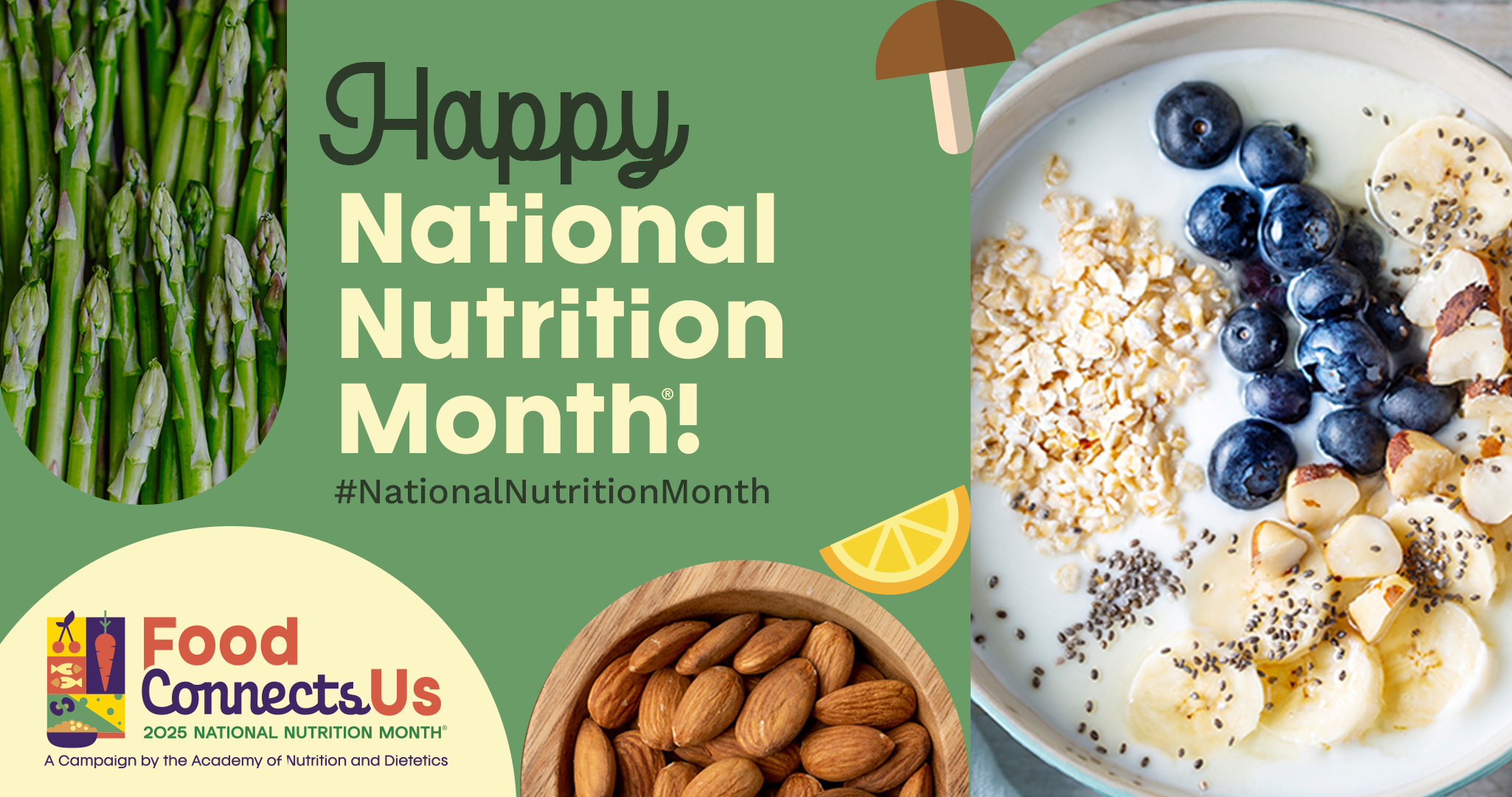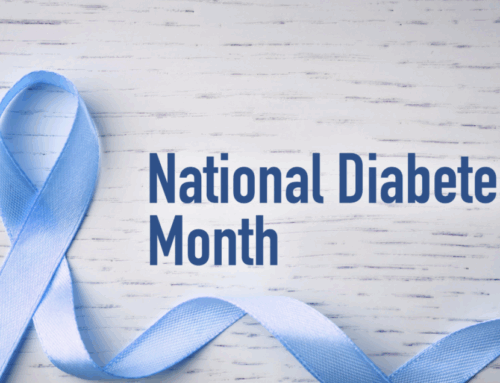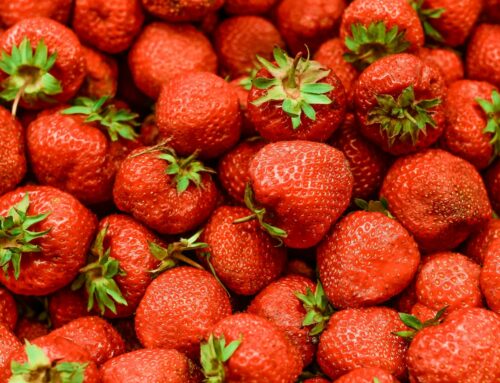March is National Nutrition Month, a campaign that was started in 1973 by the Academy of Nutrition and Dietetics that promotes ways to make healthy food choices and to develop regular physical activity habits. This year’s theme is “Food Connects Us,” and it highlights all the ways in which food brings us together at home, work, school, and in our communities. Sharing a meal with others is more than just a means for nourishment; it has always acted as a way to build relationships, learn about other cultures, and create profound memories. Food plays a vital role not only in our traditions, but in our physical and mental well-being.
How Does Food Connect Us?
For those of us fortunate enough to celebrate holidays with loved ones, these traditions can serve as a strong example of one of the many ways in which food connects us. Food is often the focal point of many holidays, with friends and family coming together to cook, bake, and enjoy meals together while creating lasting memories. Recipes may be passed down from one generation to the next, connecting us to those who came before us. Holiday meals and traditions also serve as a significant reminder that while eating serves as a means to satisfy hunger, these events are also about so much more than the food. Sharing meals with those we love serves to create lasting bonds and connections. In addition to holidays, there’s also plenty of other major events that always involve food. Think of weddings, birthdays, and anniversaries; the purpose of these events is to celebrate major life milestones, but they are never complete without a delicious meal that guests enjoy together.
The similarities between food that spans across cultures can also be an example of how food connects us. Many of these cultural foods, though varied in flavors, contain similar components, such as rice. Brown or white, steamed or fried, side dish or main meal, rice is a staple in many cultures. Biryani, commonly eaten in India and Pakistan, is made with meat, rice, yogurt, onion, and spices. Jollof rice, a staple in West African culture, is made with rice, tomatoes, peppers, and spices. Bibimbap is a Korean rice dish made with sauteed vegetables, sliced meat, gochujang (chili paste), and often a raw or fried egg. Arroz con pollo is a traditional Latin American dish in which chicken, rice, vegetables, and plenty of spices are simmered together. The list of cultures that utilize rice in their cooking is expansive, and rice is just one staple food that is used globally as a means for nourishment, tradition, and social connection.
Ways to Celebrate
So how can we actively celebrate National Nutrition Month? Whether it’s at home, work, or school, there are easy ways to shine the spotlight on how food connects us, as well as the importance of making healthful food choices. At home, try to eat meals together as often as possible. At the end of a busy day, it can be a privilege if everyone is home to eat together and connect. Try to minimize screen time during meals so that the food and the conversation are the focal points. If your family has any family recipes that have been passed down, National Nutrition Month is a great time to create and enjoy them together. At work, a potluck where everyone brings their own homemade dish can be a great way to connect over food. Office cafeterias can highlight foods from various cultures during the month to spark curiosity about foods from other parts of the globe. At school, a student-run vegetable garden is a great way to teach students, especially elementary and middle school students, where some of their food actually comes from. This can also increase the likelihood that the students will want to taste the vegetables once they’re ready to be eaten. Not only will the students be excited to try something they’ve helped to cultivate, but it will taste significantly fresher than store-bought. A school garden can serve as a valuable teaching point in the importance of vegetables for our health, how to care and take responsibility for other living things, and how to work together on a common goal.
National Nutrition Month serves as an important reminder that food plays a vital role in many areas of our lives. Forming a positive relationship with food can allow us to be fully present during some of life’s biggest celebrations, and it can enhance our overall health and well-being. This year, use the month of March to think about all of the ways in which food helps you work towards your own health goals, and how it connects you to friends, families, and communities.
Sources:
Blog written by Sarah Davis, MS, RDN for The Academy of Nutrition and Dietetics.
